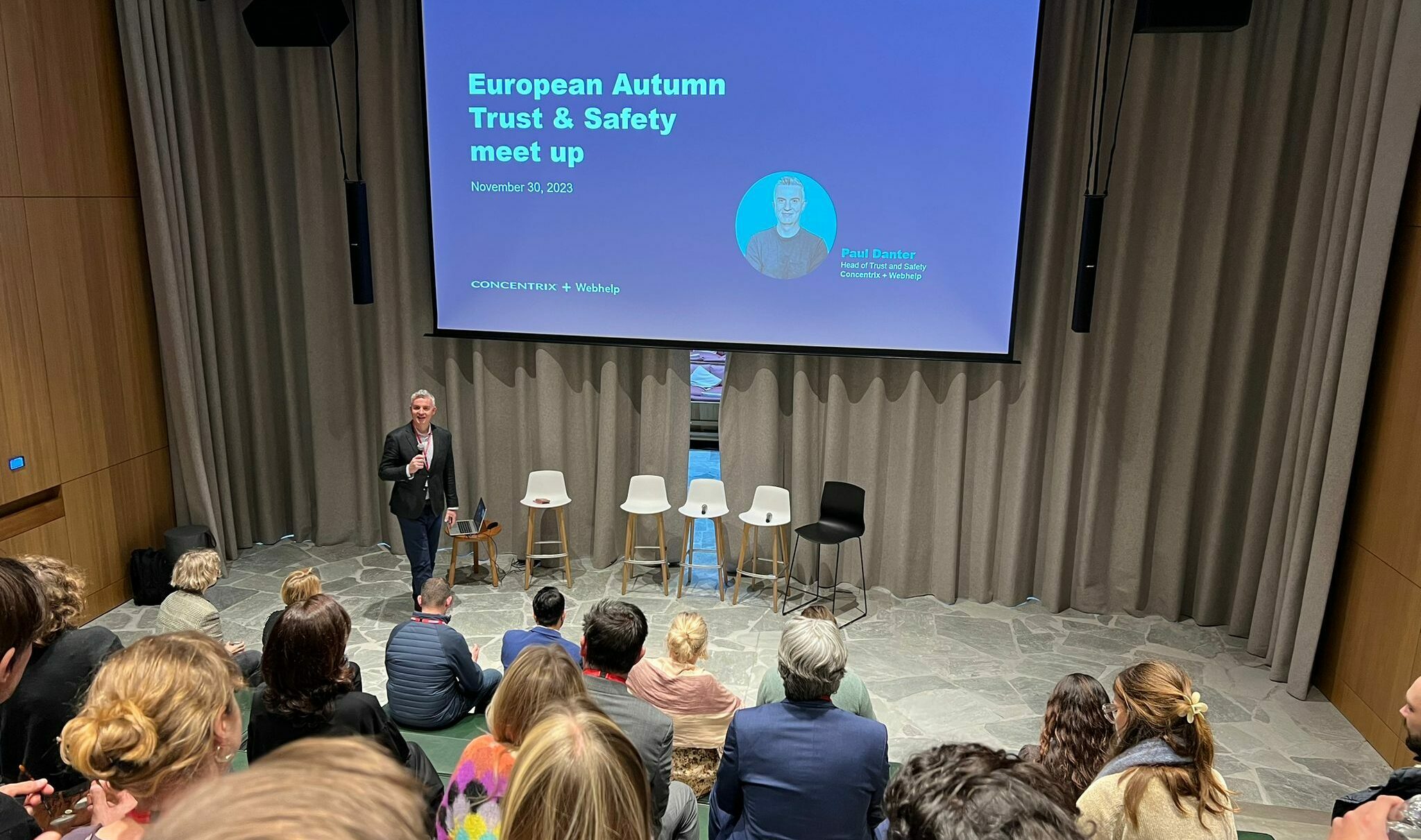The recent problems of United Airlines have been well documented and I wouldn’t like to comment on specific incidents – we have all read so much about the passenger being removed from an overbooked flight now that there is little value in adding one more opinion on the story. However, there are some important lessons that can be learned from this, and other recent airline incidents.
In a business like airlines, how the customer feels is important and forms a great deal of the overall customer experience. Many airlines have been struggling financially and have been cutting back on every possible frill and luxury so air travel today certainly does not feel like the exciting experience it used to be.
So customer expectations have been reduced, but so long as an airline offers comfort and safety perhaps that’s enough? I don’t think so. I think there is still room to surprise the customer, even after all the costs have been stripped out of the business and those free glasses of wine are a thing of the past.
Look at this story of how a Southwest pilot held up a departure because a passenger was running late. The passenger would have had no chance to see his dying grandson if he missed that flight and the pilot personally delayed it by not boarding the plane himself. What’s important to note is that the airline supported their employee and said he made the right decision to help this customer – even if it delayed others. They supported the decision of their employee and clearly they empower their team to make decisions that can improve the customer experience.
Contrast this with the response United gave after the passenger removal incident. They talked to the media and blamed the customer for being belligerent. The CEO misread how the public felt when he emailed every staff member saying they did the right thing. This has now led to a constant stream of negative stories about the brand. In many cases, other passenger removals are clearly justifiable, but in the current atmosphere they just add fuel to the fire of a PR disaster.
I believe there are three key steps any brand should take when faced with a challenging situation like the recent incident at United Airlines:
- Apologise: act fast and apologise. Also, make sure you use the same channels your customers are using. If the storm of complaint is centered on YouTube then quickly film a message from the CEO and get it on YouTube. Don’t wait for the print media the next day – act immediately.
- Investigate: many incidents are complex and can be viewed in a different way by different people with different information. Make sure you investigate impartially to get the facts and then publish them openly. It might be that the investigation proves that the brand was right and the customer was wrong, but that doesn’t mean the apology is not essential when the storm is raging.
- Improve: use the investigation to improve your service so the incident cannot be repeated – learn from your own mistakes.
In industries like air travel there is a need for rules and compliance to ensure passenger safety, but there is also room for employees to have enough flexibility to create a great experience for the customer. However, when things do go wrong these three simple steps can avoid a costly PR meltdown and customer backlash. What do you think about these lessons? Leave a comment below and let me know, or get in touch on LinkedIn.


![[Fashion] Choosing the right partners to grow your business in 2024, at a time when trust is fragile](https://media.webhelp.com/wp-content/uploads/2023/12/21090253/Office-Showcase-2.png)


